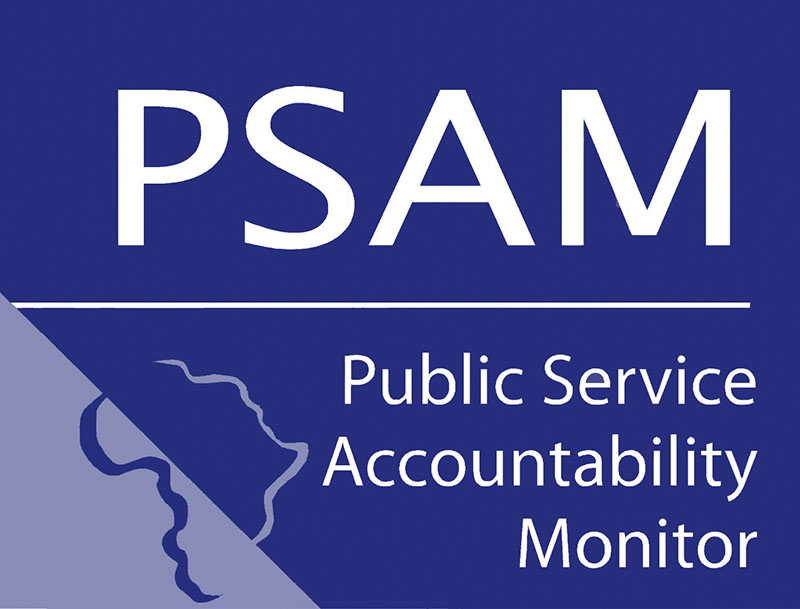By Nicola Sulter
This article commemorates World Cancer Day on 4 February, in the in the context of the Eastern Cape.
Research shows that cancers of the digestive system as well those of both male and female genitals are the most prevalent in South Africa and the Eastern Cape. Our province is one of two in which cancer of the digestive organs is one of the top 10 underlying causes of death. Within these broad caner categories, prostate and colorectal cancers are the most prevalent in men, while breast and cervical cancers are the most prevalent cancers in women.
Unfortunately, the National Cancer Registry (NCR) last published statistics on the incidence of different types of cancer in 2013. So information incidence in the different population groups is severely out of date. This type of information is vital for the process of drafting effective policies to address the specific challenges of different provinces.
Researchers note that the cancer burden in South Africa is much greater than is currently understood. Statistics South Africa reports on different types of cancers in a dis-aggregated manner, but if the various types were grouped, cancer would be the second leading cause of death in South Africa after tuberculosis.
At the National level, many steps have been taken to address the rising burden of non-communicable diseases, with legislation passed to discourage excessive use of alcohol and tobacco, and the campaign against excessive use of sugar already up and running through pending implementation of a tax on certain sugary beverages.
Additionally, policies have been drafted to guide the way in which non-communicable diseases are managed. These include, the Strategic Plan for the Prevention and Control of Non-Communicable Diseases 2013-2017, Breast Cancer Policy, National Health Promotion Strategy 2015-2019, Strategy to Prevent and Control Obesity 2015-2020, and the National Food and Nutrition Security Policy.
In order to ensure that macro-level policy and strategic planning, translate into desired outcomes at the micro-level, Primary Healthcare is being re-engineered.The process envisions Ward-Based Outreach Teams that “deliver integrated non-communicable disease services to individuals in their households and communities.”
Under this model, Ward-Based Outreach Teams (“WBOT”), District Clinical Specialist Teams (“DCST”), and School Health Teams will be tasked with testing and screening for diseases at the community level. The WBOT are comprised of a professional nurse, a health promoter and two to six Community Health Workers, while DCST teams have healthcare workers responsible (mainly) for maternal and child health.
In the official policy documents which guide the Eastern Cape Department of Health’s (ECDoH) activities, targets focus on increasing the number of WBOT and DCST while ostensibly overlooking capacitating and training the healthcare workers within these teams. Re-engineering of Primary Healthcare also aims at shifting some of the responsibility for healthcare services from workers at facilities to healthcare workers in communities, through the use of WBOT and DCST. However, the focus of these teams is on maternal and child health, testing for HIV, diabetes and hypertension with no mention of how these teams are addressing cancer
While the aforementioned conditions are priority areas, the Eastern Department of Health must not completely ignore cancer, especially prostate which is quite common among men.
The ECDoH plans on dealing with non-communicable diseases through promoting for, and educating people about healthy lifestyles and risk factors but the details of how this will be facilitated, are not accessible. Hopefully the implementation of the “Policy Framework and Strategy for Ward-Based Outreach Teams” will shed more light on how Community Health Workers will be involved in the control, management and prevention of cancer in rural communities.
The Community-Based Health Services Framework apparently informs the implementation of strategies for disease prevention and health promotion in relation to non-communicable diseases; but the document is not readily available to the public.
Civil Society should advocate for better functioning of the National Cancer Registry and the Eastern Cape Province Cancer Registry with the information helping to inform decisions . Civil Society should also advocate for more attention being focused on a simple checklist for symptoms of different types of cancers.


